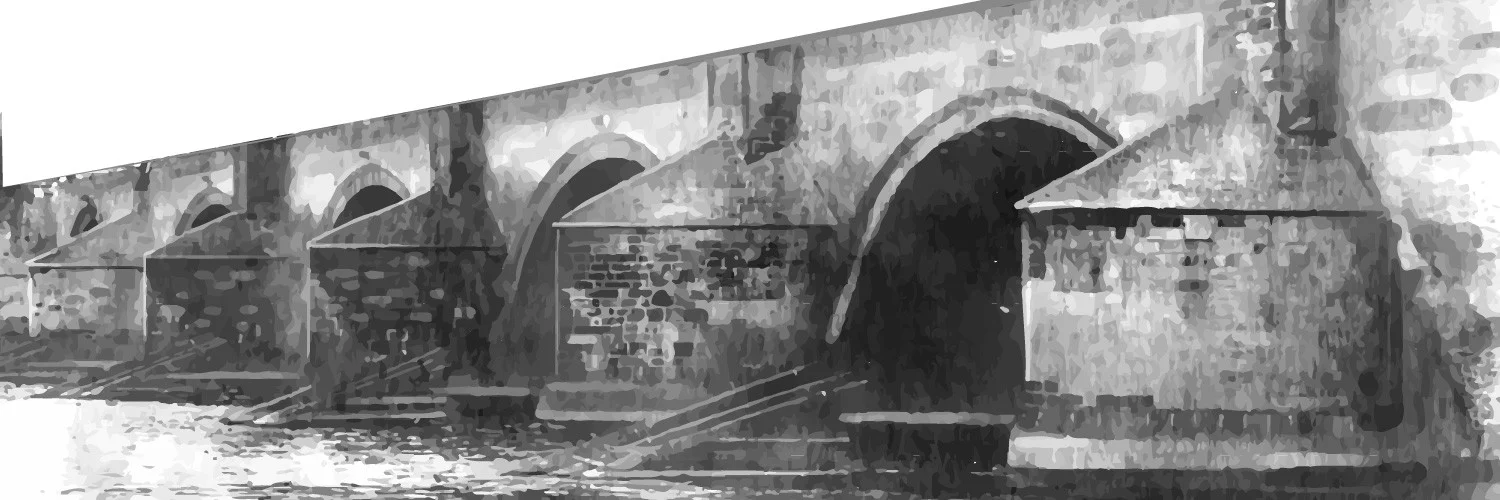"Monday Musings” are designed to get quick, insightful thoughts based around three questions from those interested in strategy, from the most experienced and lauded, to our newest thinkers/writers.
1. Who had the greatest impact on you intellectually (whether through writing, mentorship, etc.)?
It is the sum of our experiences through the people we meet in life that molds us, and putting too much emphasis on one or the other is sure to be flawed by retrospective bias. But the teachers I remember were those who told me I was wrong, that I could do better, or there was more to the story than any answer I could devise. James Rorvig, my High School history teacher, Raymond Mentzer at Montana State University, and Daniel Deudney at the University of Pennsylvania were such mentors. In my military service, the many gurus of disciplined thought included Lt Col Judy Bennett, who also taught me some much-deserved intellectual humility, and Col Thomas Ehrhard, perhaps the most original thinker I ever have met. Tom taught me that finding an answer is an excuse to stop thinking about a problem. For this reason all solutions are temporary...and eventually wrong. Those who are sure they have the answer are therefore not strategists. As Lao Tzu said: "The Student seeks answers, the Master seeks better questions."
2. What book (fiction, history, or academic) do you think best explains strategy?
No one did it better than Clausewitz, as translated by Paret and Howard, but this is a difficult work and requires a great deal of study to master. Strategy, in order to inspire, needs to be less demanding on first pass.
Perhaps I was too young when I read Machiavelli’s Art of War, but his evocative prose and consistent demands that another option always exists for the strategist captivated me. When confronted with an unbreakable logic, such as the paper-scissors-rock dilemma of the of the Swiss pike, which is superior to the French cavalry, which is superior to the Spanish tercio, which is superior to the Swiss pike, ad infinitum, the only way out is to move beyond the conundrum and change the rules of the game. (To be fair, Vizzini and the Dread Pirate Roberts illustrated it better in The Princess Bride). While his solution, the staunch citizen-soldier who could defeat the mercenary in any tactical form, proved insufficient for his beloved city-state of Florence, it would ultimately inspire the democratic revolutions in America and France and pave the way for the modern nation-state. While extremely important to my own development, it is not in itself comprehensive enough to be strategy’s best primer.
It would also be reasonable to put Sun Tzu’s Art of War into any discussion of the best book on strategy, if only for its influence over time. His is more of an operational treatise, however, and so I recommend the Tao Te Ching of Lao Tzu as the single best work on strategy. It is impossible to read this without challenging the very basis of what one thinks is common sense and to look at the world from a different perspective. In so doing, the three primary rules I have extrapolated for any viable strategy are made clear. 1) Strategy is not about the first move; 2) there is always another way of looking at a problem; and 3) the end of one problem is simply the beginning of another.
3. What do you want your legacy to be?
Good father, faithful husband, loyal friend.
Dr. Everett Dolman is Professor of Military Strategy at the USAF's Air Command and Staff College. He previously taught at the School of Advanced Air and Space Studies and The College of William & Mary, and he is the author of several books and articles on military subjects, including Pure Strategy and the recently published Can Science End War?
Have a response or an idea for your own article? Follow the logo below, and you too can contribute to The Bridge:
Enjoy what you just read? Please help spread the word to new readers by sharing it on social media.


